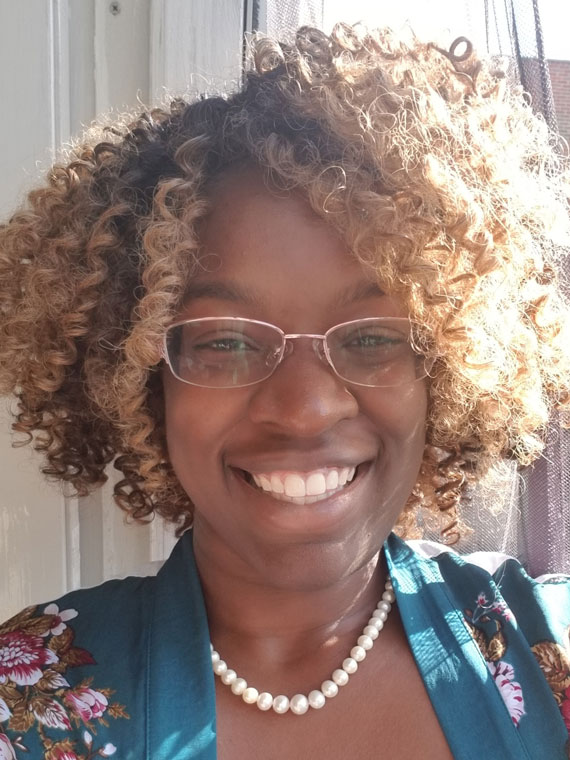 What are you doing professionally?
What are you doing professionally?
I am teaching 5th grade at the Bronx Community Charter School.
How did Sarah Lawrence College prepare you for your career?
There are two important skills I learned in both my undergraduate and graduate years at Sarah Lawrence. The first was the ability to adapt to any situation, and the second was to ask questions. Sarah Lawrence gave me the courage to ask questions when I was unsure, ask questions when I wanted to know more, to make others really think about why they decided to teach a specific lesson in one way, or why they feel these resources work better for the group than other ones.
What internships and other activities did you participate in while you were a student at Sarah Lawrence College?
As an undergraduate student, I started the Japanese Language and Culture Club with some friends. Along with that, I participated in the Anime Club, and worked with AV and in the Admission Office. As a graduate student, I continued to work with AV and Admission, and began my first year student teaching in the Early Childhood Center on campus.
Why did you choose to attend the Art of Teaching Graduate Program?
Around my sophomore/junior year, I went to my don, Mary LaChapelle, to ask for help on finding a back up plan to writing. I love writing, but I needed to find something I could do after college that would be something I enjoyed and that I could do while working on my novels. I think that she realized I’d always been teaching others and that’s kind of where my life was leading me, and so she encouraged me to sign up for the five-year program. And I did.
What brought you to what you’re doing today?
My graduate teachers were told of a job being offered near where I lived, in the grades that I wanted to teach in. Bronx Community Charter School was the only job I applied for, and with a recommendation from Mary Hebron, I got the job some time around graduation.
Do you have advice for current Sarah Lawrence students considering a career in the law?
Be open-minded and realistic. Don’t burn bridges or shoot down opportunities simply because they aren't your ideal. Think about what you can handle, what you’re willing to compromise on, and which things you won’t budge on. This will make it easier not only when finding a job, because you know what you want to look for, but also when you begin teaching in the classroom. It’s great to have the best case scenario of what you want your classroom to look like, what you want to teach, and how you want to go about it. But teaching isn’t just about the teaching. There’s a lot of social-emotional development, a lot of negotiations and compromises, and it takes a lot of hard work and adaptation, and a lot of self reflection to get through a successful year. Learn to take care of yourself now, so that your better able to do your best work in the classroom.